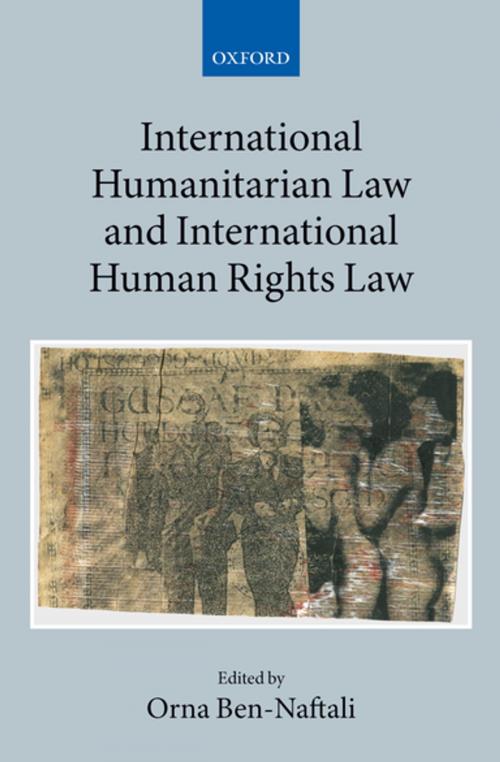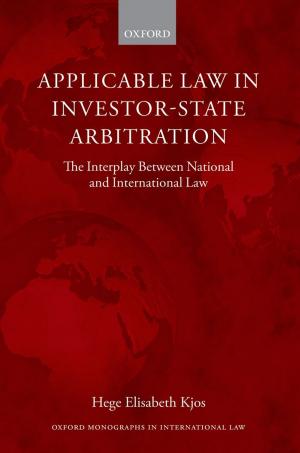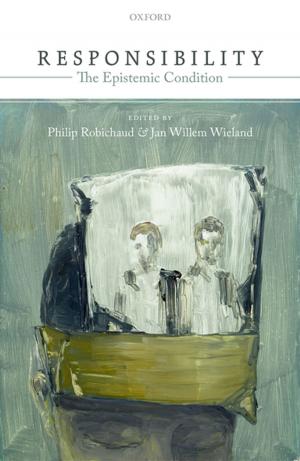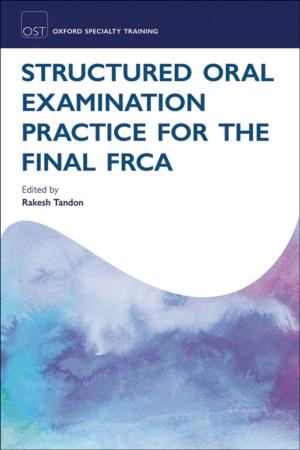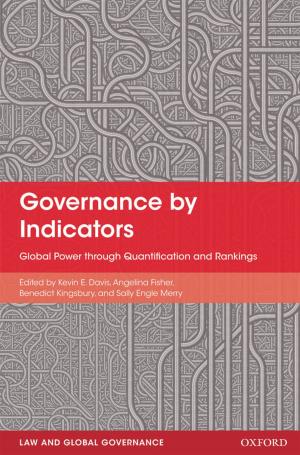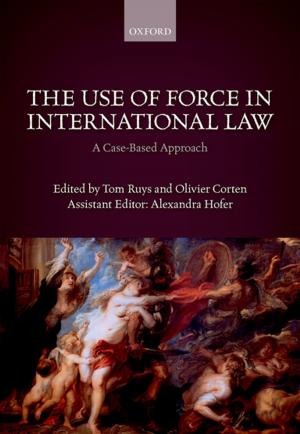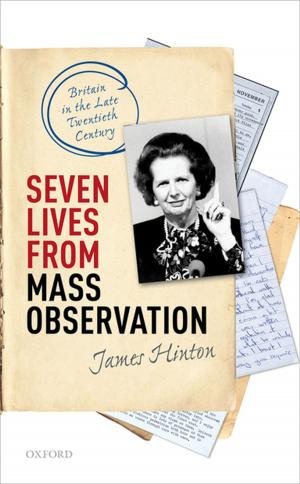International Humanitarian Law and International Human Rights Law
Nonfiction, Reference & Language, Law, International| Author: | ISBN: | 9780191018565 | |
| Publisher: | OUP Oxford | Publication: | January 13, 2011 |
| Imprint: | OUP Oxford | Language: | English |
| Author: | |
| ISBN: | 9780191018565 |
| Publisher: | OUP Oxford |
| Publication: | January 13, 2011 |
| Imprint: | OUP Oxford |
| Language: | English |
The idea that international humanitarian law (IHL) and international human rights law (IHRL) are complementary, rather than mutually exclusive regimes generated a paradigmatic shift in the international legal discourse. The reconciliation was driven by a humanistic ethos and its purpose was to offer greater protection of the rights to life, liberty and dignity of all individuals under all circumstances. The complementarity of both regimes currently enjoys the status of the new orthodoxy and simultaneously invites critical reflection. This collection of essays accepts the invitation, offering diverse assessments of the merits of taking human rights to the battlefields of the twenty-first century. The book comprises three parts: part I focuses on the paradigmatic (security based "armed conflict" vs. human rights centered "law enforcement" paradigms) and the normative complexities of the interaction between both regimes in the "fight against terror" and in other, allegedly new, types of wars. Part II discusses the interplay between IHRL and IHL in the context of three specific regimes: belligerent occupation; the European Court of Human Rights and the protection of cultural heritage. Part III explores the potential fusion of IHL and IHRL into a new paradigm in two areas: post-bellum accountability and compensation to victims of war crimes. The range of issues, multitude of competing norms and narratives, and shifting paradigms explored in this collection, converse with each other. This conversation mirrors the process through which international law - paying deference to political realities while simultaneously seeking to transcend them - charts new pathways to advance its humanizing project.
The idea that international humanitarian law (IHL) and international human rights law (IHRL) are complementary, rather than mutually exclusive regimes generated a paradigmatic shift in the international legal discourse. The reconciliation was driven by a humanistic ethos and its purpose was to offer greater protection of the rights to life, liberty and dignity of all individuals under all circumstances. The complementarity of both regimes currently enjoys the status of the new orthodoxy and simultaneously invites critical reflection. This collection of essays accepts the invitation, offering diverse assessments of the merits of taking human rights to the battlefields of the twenty-first century. The book comprises three parts: part I focuses on the paradigmatic (security based "armed conflict" vs. human rights centered "law enforcement" paradigms) and the normative complexities of the interaction between both regimes in the "fight against terror" and in other, allegedly new, types of wars. Part II discusses the interplay between IHRL and IHL in the context of three specific regimes: belligerent occupation; the European Court of Human Rights and the protection of cultural heritage. Part III explores the potential fusion of IHL and IHRL into a new paradigm in two areas: post-bellum accountability and compensation to victims of war crimes. The range of issues, multitude of competing norms and narratives, and shifting paradigms explored in this collection, converse with each other. This conversation mirrors the process through which international law - paying deference to political realities while simultaneously seeking to transcend them - charts new pathways to advance its humanizing project.
